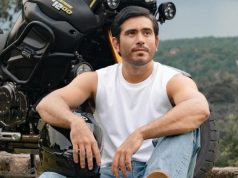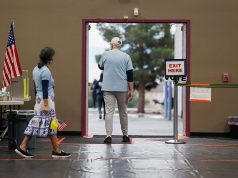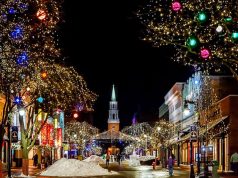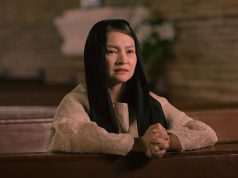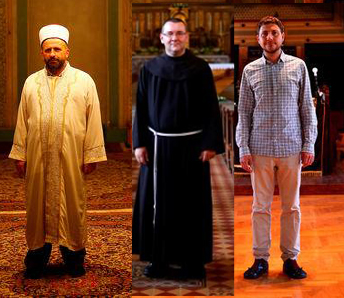
SARAJEVO — Bosnia’s religious leaders say politicians are standing in the way of peaceful coexistence between Muslim, Jewish and Christian communities trying to forgive and forget after the atrocities of a devastating 1990s war.
Hundreds of churches, mosques and synagogues bear witness to more than five centuries of Bosnia’s multi-faith past, and the capital Sarajevo is known locally as a “small Jerusalem” with its main ethnic groups — Orthodox Serbs, Catholic Croats and Muslim Bosniaks — all worshipping within meters of each other.
But Mufti Husein Kavazovic, head of the Islamic community in Bosnia, says people of faith cannot achieve peace alone.
“It is up to political elites to do more. For a start, it would be good that they stop their ideological manipulation of religion for their own political goals. It is up to us, of course, not to allow them to do that,” he said.
Even though nationalists from all three ethnic groups still insist on exclusivity for their own groups, religious leaders are keen to heal rifts after the 1992-1995 war in which about 100,000 civilians were killed and millions displaced.
Friar Zeljko Brkic at Kraljeva Sutjeska — among the oldest Franciscan monasteries in Bosnia and dating from 1385 — said: “Bosnia can only survive as a multi-ethnic state, no matter how much politicians try to convince us that this is not possible.”
His Orthodox, Jewish and Muslim peers agree.
“It is very important that we have here different cultures and religions, and that based on that we can easily build and verify our own identities,” said Nektarije, a deacon at the Orthodox monastery Zitomislici in what is now the Catholic Croat-dominated southern part of the country.
Jakob Finci, the president of the Jewish community in Bosnia, gives Sarajevo as an example of close cooperation, citing Muslims there helping Jews to hide during War World Two and Jews providing food for people of all faiths in the three-year siege by Bosnian Serb forces.
“Sarajevo is the best proof that living together is possible and that it represents the only way of life for us,” he said.
This week, about 120 leaders from 27 countries arrived in Sarajevo to take part in a meeting of the youth-led Muslim Jewish Conference, founded by Ilja Sichrovski in Vienna in 2010.
“We feel at home here,” Sichrovski said.




